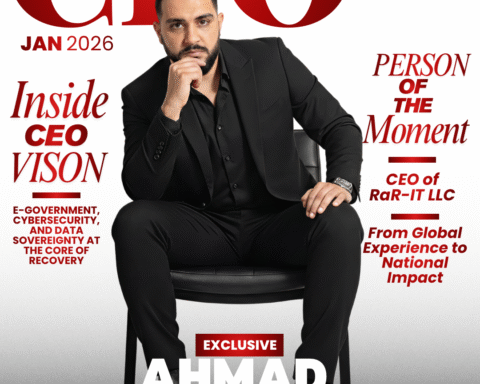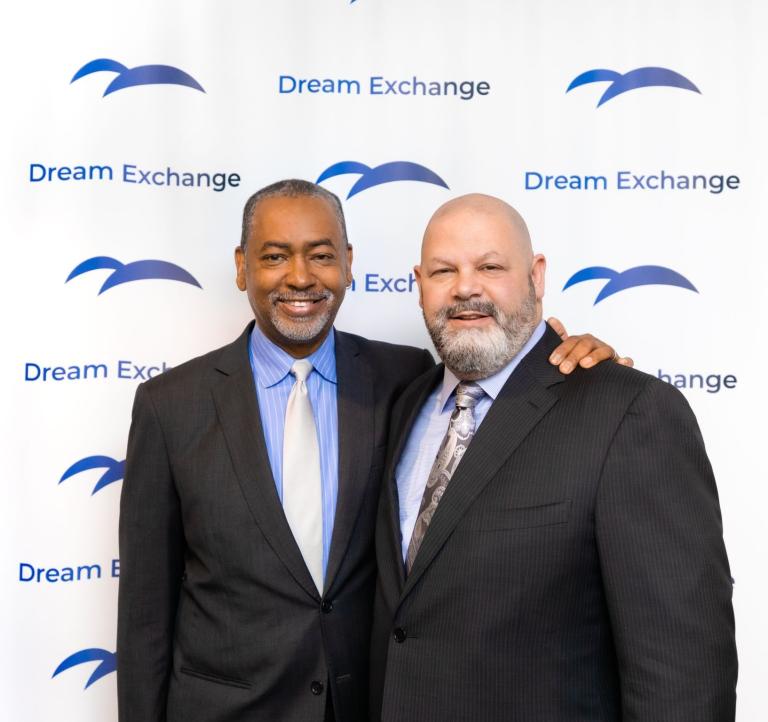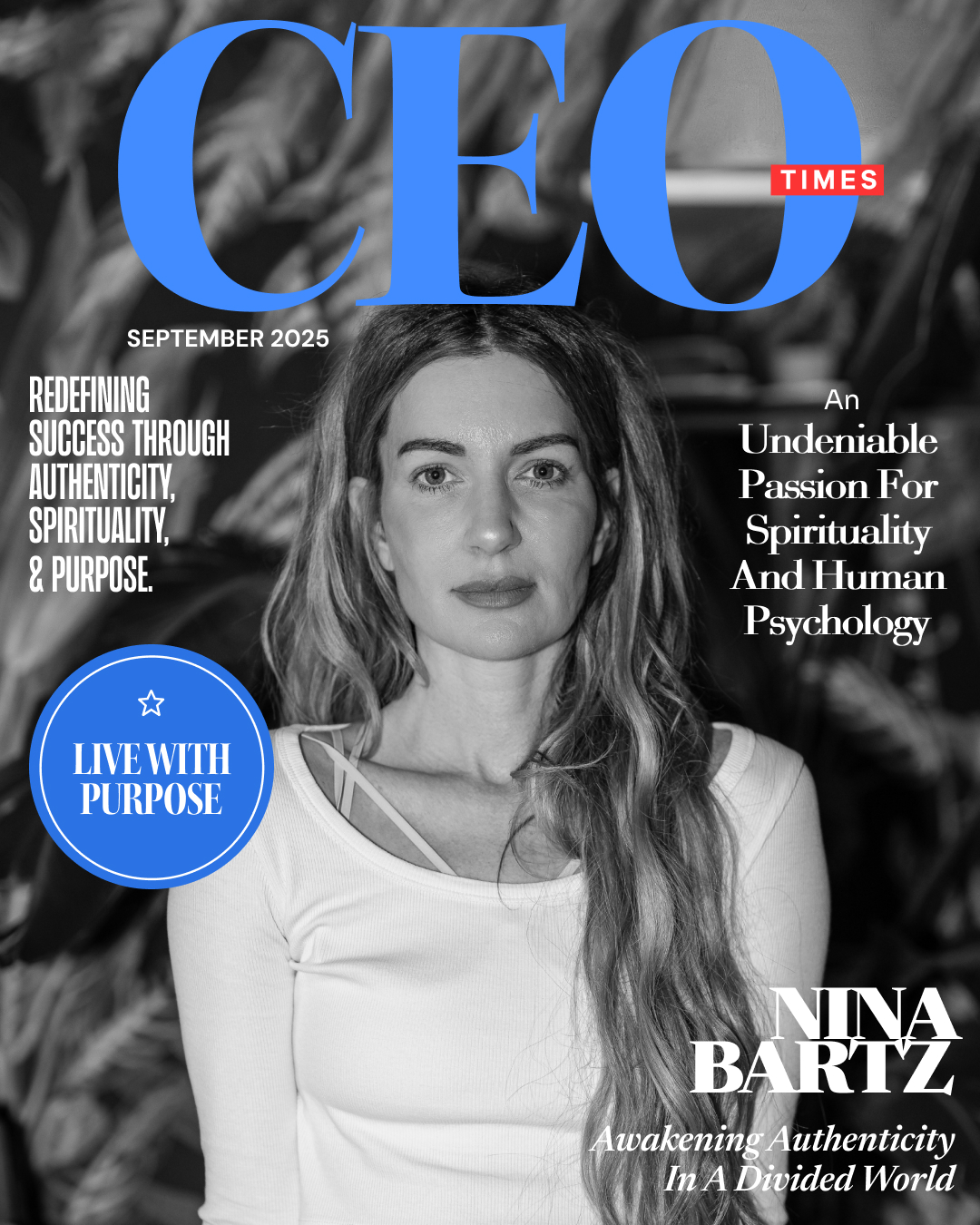Chicago-based startup faces scrutiny as whistleblower claims link between Dream Exchange operations and the Church of Scientology, prompting federal inquiry into financial and organizational practices.
The Securities and Exchange Commission (SEC) has launched an investigation into Chicago-based startup Dream Exchange, amid allegations that the company misused investor funds and maintained undisclosed ties to the Church of Scientology. The probe comes after a whistleblower raised concerns regarding the company’s practices, according to a report by The Wall Street Journal.
The SEC has recently interviewed former Dream Exchange employees as part of the inquiry, which follows the company’s application for approval to operate as a stock exchange. Officials from the SEC’s Chicago office have reportedly sought details on the startup’s reported links to Scientology-affiliated groups and its financial transactions.
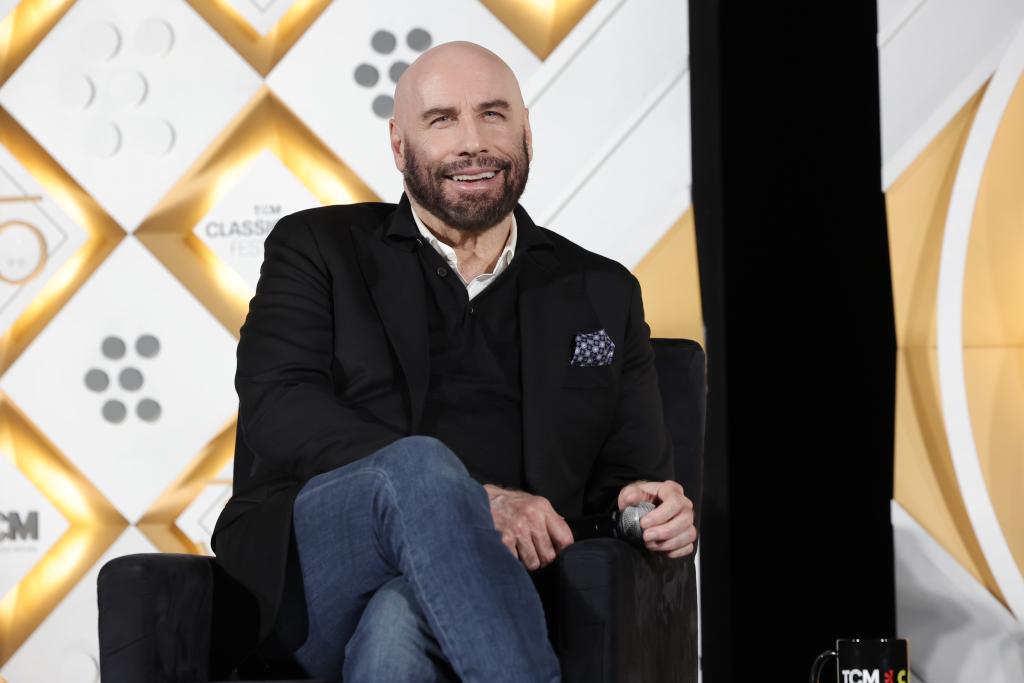
Dream Exchange, founded by CEO Joe Cecala, claims to empower Black and minority-owned businesses by enabling them to list shares and attract investor capital. However, allegations surfaced earlier this year, describing how employees were instructed to read the writings of L. Ron Hubbard, the founder of Scientology, and occasionally perform volunteer work for the Church.
According to the whistleblower, Dream Exchange failed to disclose its ties to Scientology to investors. The complaint further claimed that company funds were being shifted to an account under Cecala’s parent company and subsequently donated to Scientology-affiliated organizations, reportedly totaling tens of thousands of dollars per month.
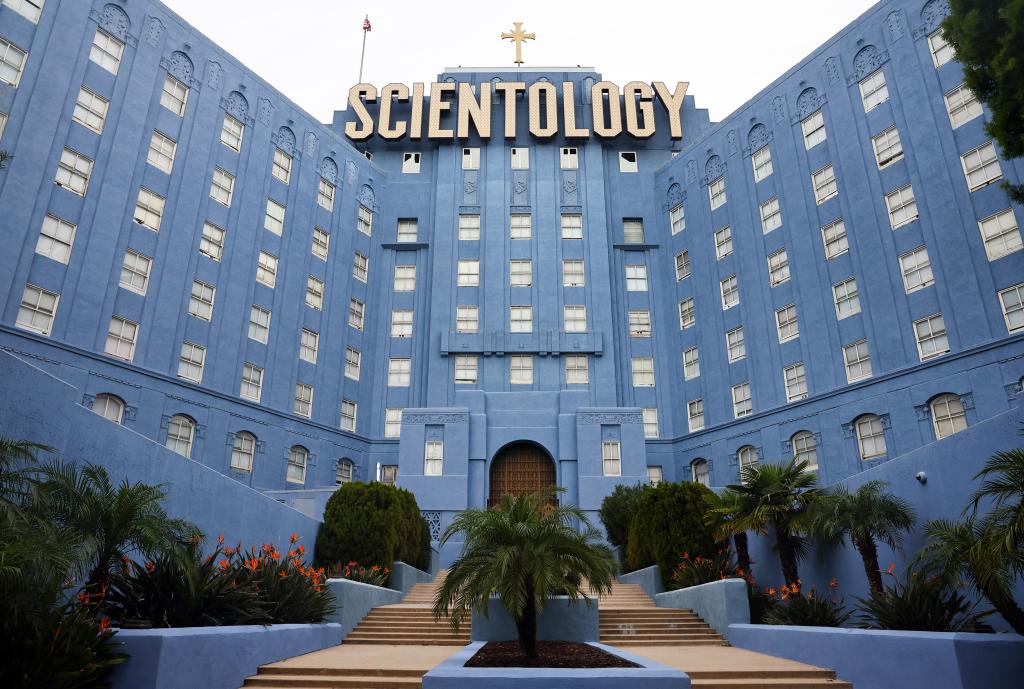
Cecala, a prominent Scientologist and major donor to the Church, has denied the allegations. Dan K. Webb, the company’s attorney, stated, “The claims made against Dream Exchange and its founder are false and meritless.”
The SEC has not commented on the ongoing investigation. Meanwhile, the Church of Scientology, founded in 1954 by science fiction writer L. Ron Hubbard, enjoys tax-exempt status as a religion in the U.S. but has faced criticism abroad. Some countries, including France and Germany, have labeled the organization a cult, asserting that it operates more like a business than a religious entity.
Scientology counts several high-profile celebrities among its followers, including actors John Travolta and Tom Cruise, and has faced longstanding allegations of harassment toward critics and former members.
As the SEC continues its early-stage inquiry, Dream Exchange’s future operations and investor relations remain under scrutiny, with broader implications for regulatory oversight in startups with religious affiliations.


